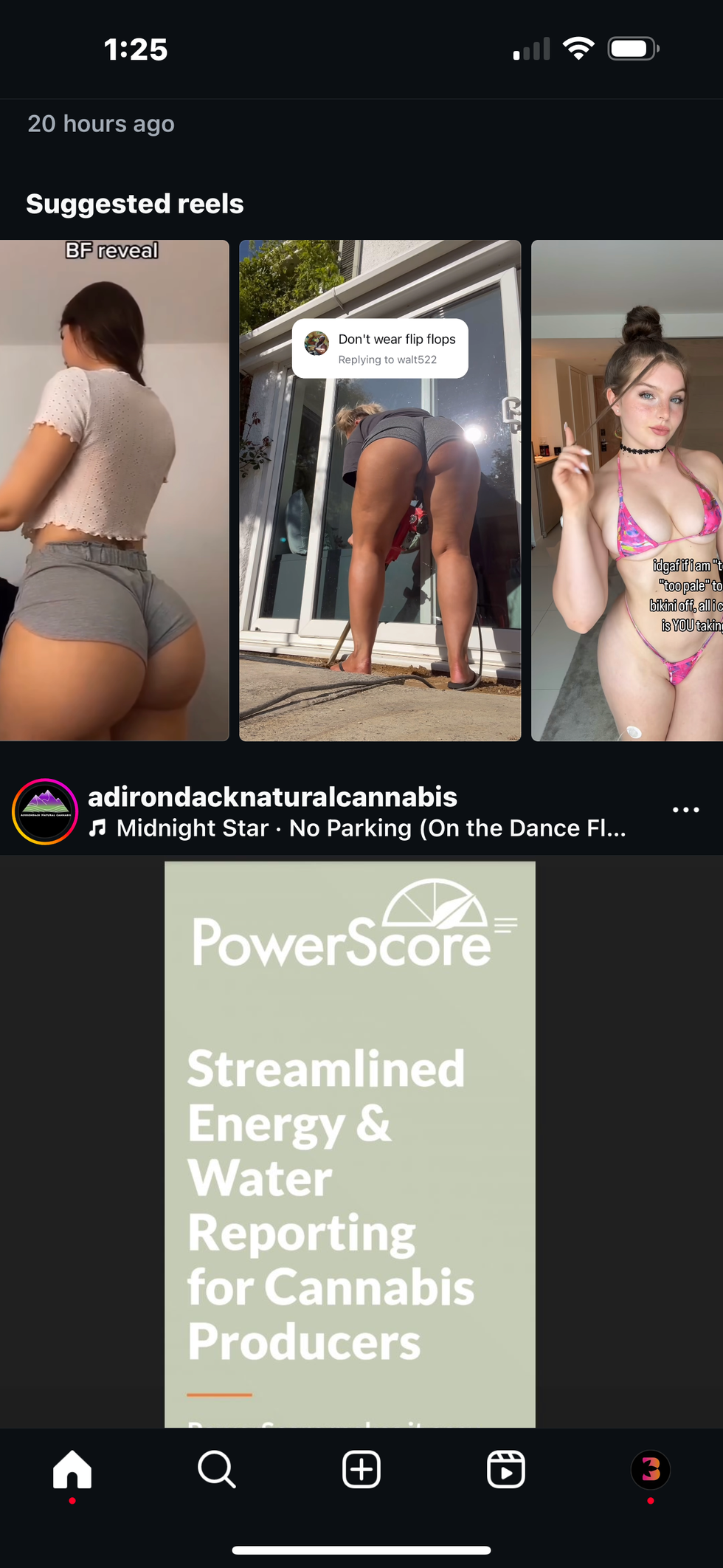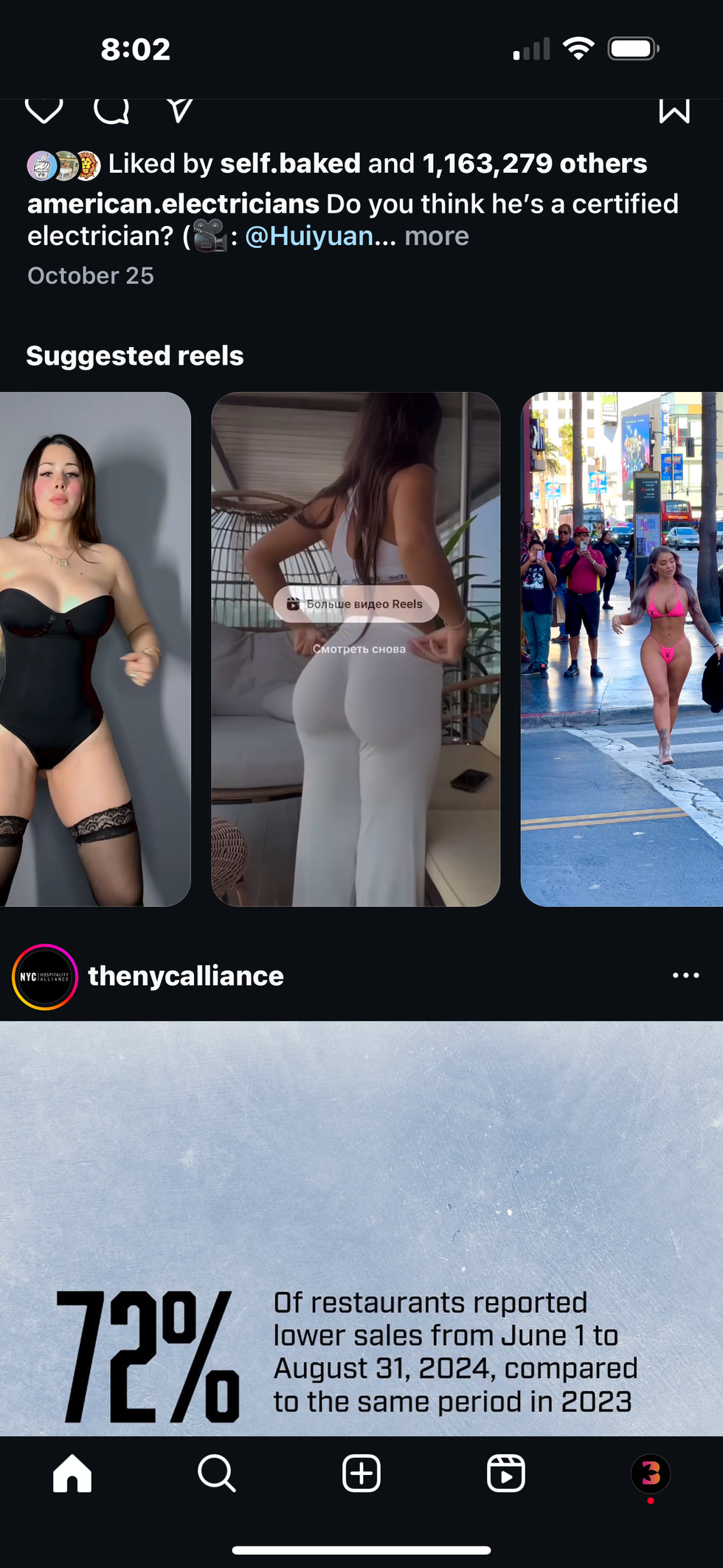Republished from NORML with permission.
Agents affiliated with the US Drug Enforcement Administration (DEA) have been instructed to stop searching travelers at airports or other “mass transportation facilities” without a warrant, following a directive issued by Justice Department’s Office of the Inspector General. The directive, issued earlier this month, followed an investigation by the IG’s office. That investigation determined that DEA personnel lacked adequate training and often failed to properly document their search-related activities.“The DEA’s failure to collect data for each consensual encounter, as required by its own policy, and its continued inability to provide us with any assessment of the success of these interdiction efforts once again raise questions about whether these transportation interdiction activities are an effective use of law enforcement resources – and leaves the DEA once again unable to provide adequate answers to those questions,” Inspector General Michael E. Horowitz determined.
Horowitz further warned that the agency’s lack of transparency created “substantial risks that DEA Special Agents and Task Force Officers will conduct these activities improperly; impose unwarranted burdens on, and violate the legal rights of, innocent travelers.”
The DEA had previously been reprimanded in 2015 for failing to adequately document passenger-related searches. The agency had pledged at that time to improve its documentation of transportation-related interdictions, but it had failed to do so, the IG’s investigation found.
NORML’s Deputy Director Paul Armentano praised the Inspector General’s decision. “For too long, the DEA has imposed intimidatory tactics upon innocent travelers,” he said. “Americans who purchase tickets to travel by plane, bus, or train should not be expected to forsake their civil liberties when they enter the terminal.”
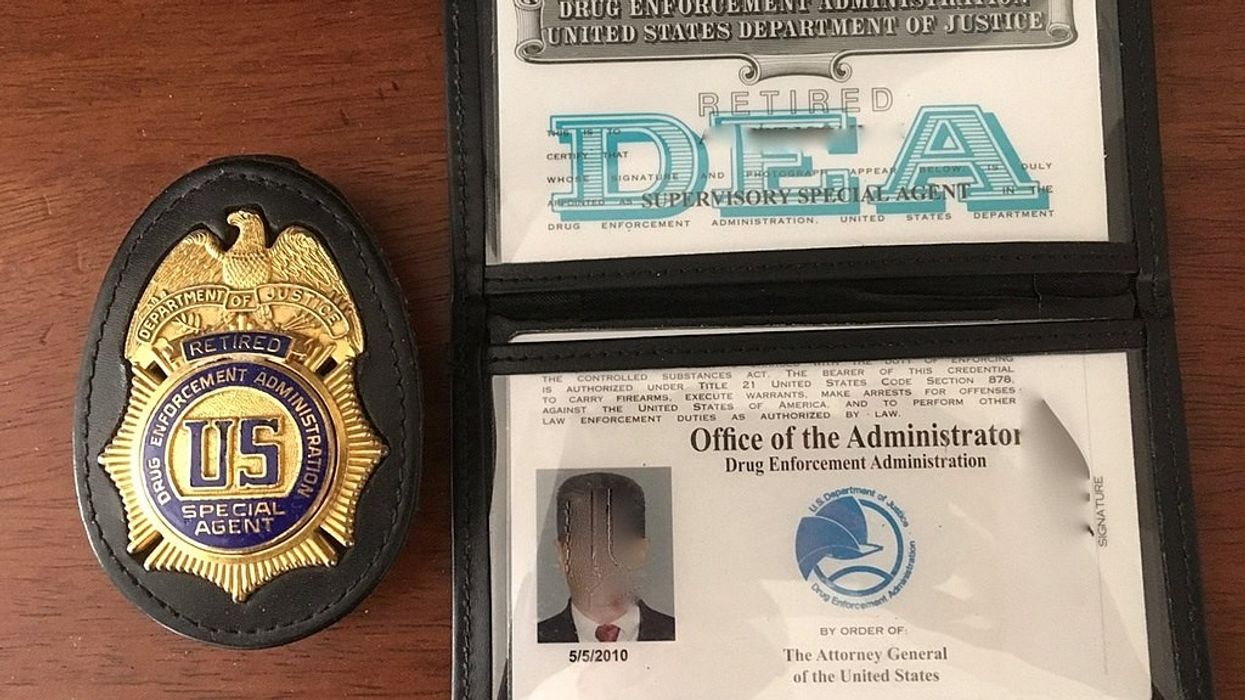






 Can Drug Dogs Smell Edibles? - The Bluntness
Photo by
Can Drug Dogs Smell Edibles? - The Bluntness
Photo by  Can Drug Dogs Smell Edibles? - The Bluntness
Photo by
Can Drug Dogs Smell Edibles? - The Bluntness
Photo by 



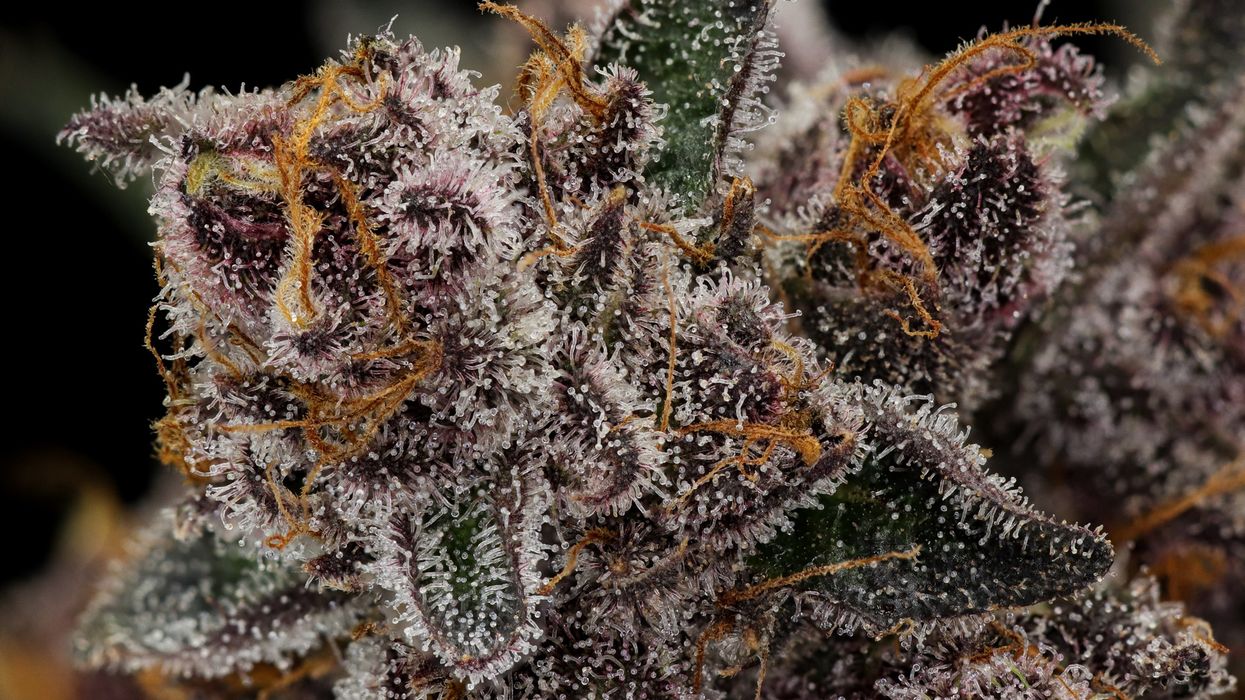


 How to Store Magic Mushrooms
How to Store Magic Mushrooms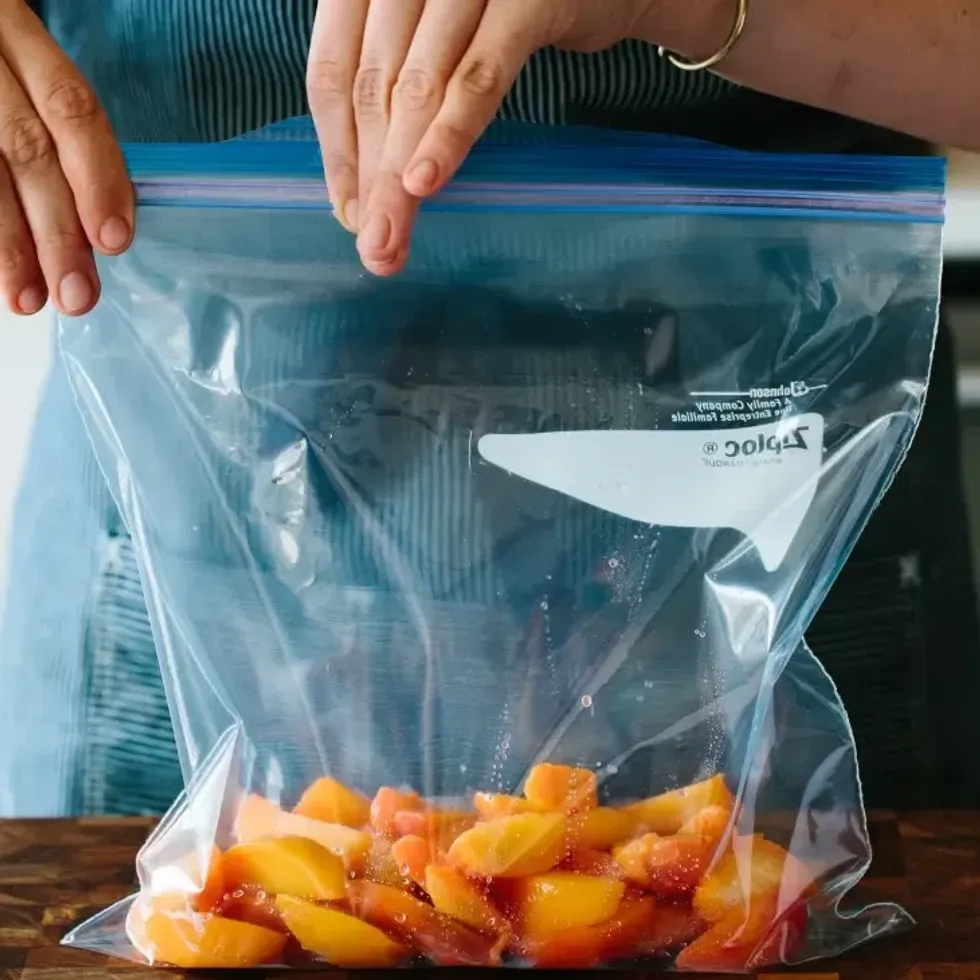 How to Store Magic Mushrooms
How to Store Magic Mushrooms How to Store Magic Mushrooms
How to Store Magic Mushrooms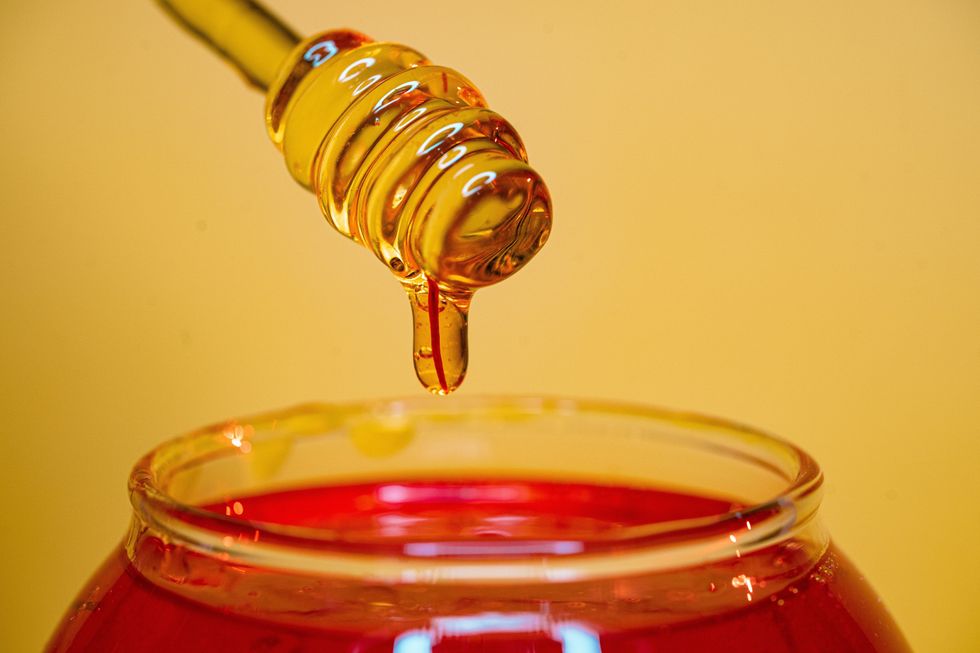 How to Store Magic Mushrooms
How to Store Magic Mushrooms How to Store Magic Mushrooms
How to Store Magic Mushrooms
 How to Make a Cannagar Without a Mold: A Comprehensive Guide - The Bluntness
Photo by
How to Make a Cannagar Without a Mold: A Comprehensive Guide - The Bluntness
Photo by 
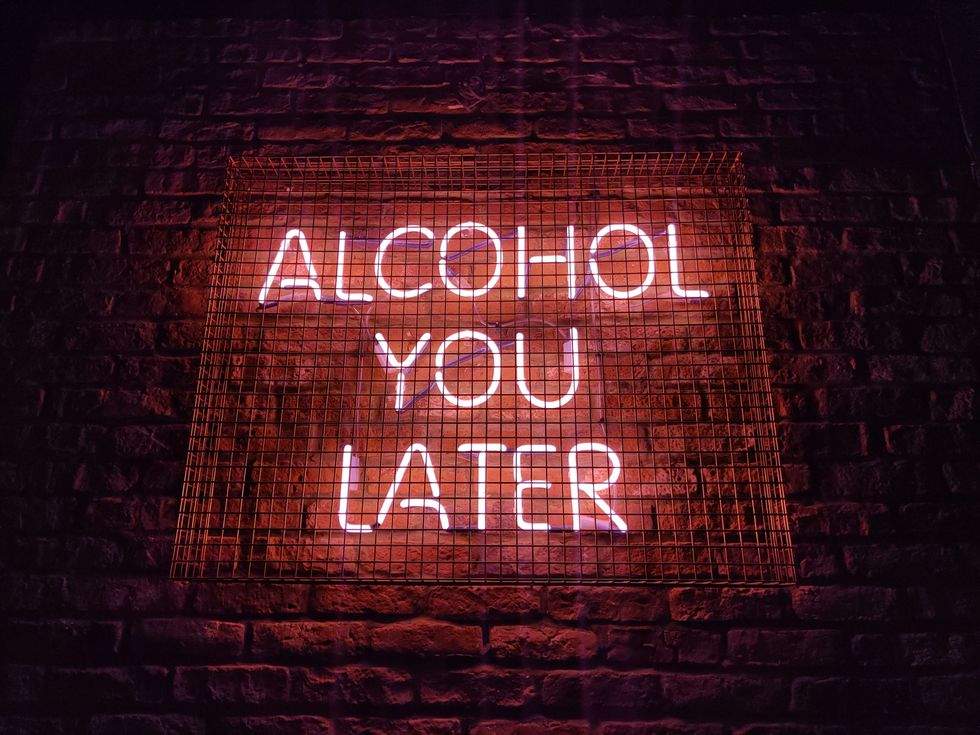 Americans Are Drinking Less - The Bluntness Photo by
Americans Are Drinking Less - The Bluntness Photo by  Americans Are Drinking Less - The Bluntness
Americans Are Drinking Less - The Bluntness 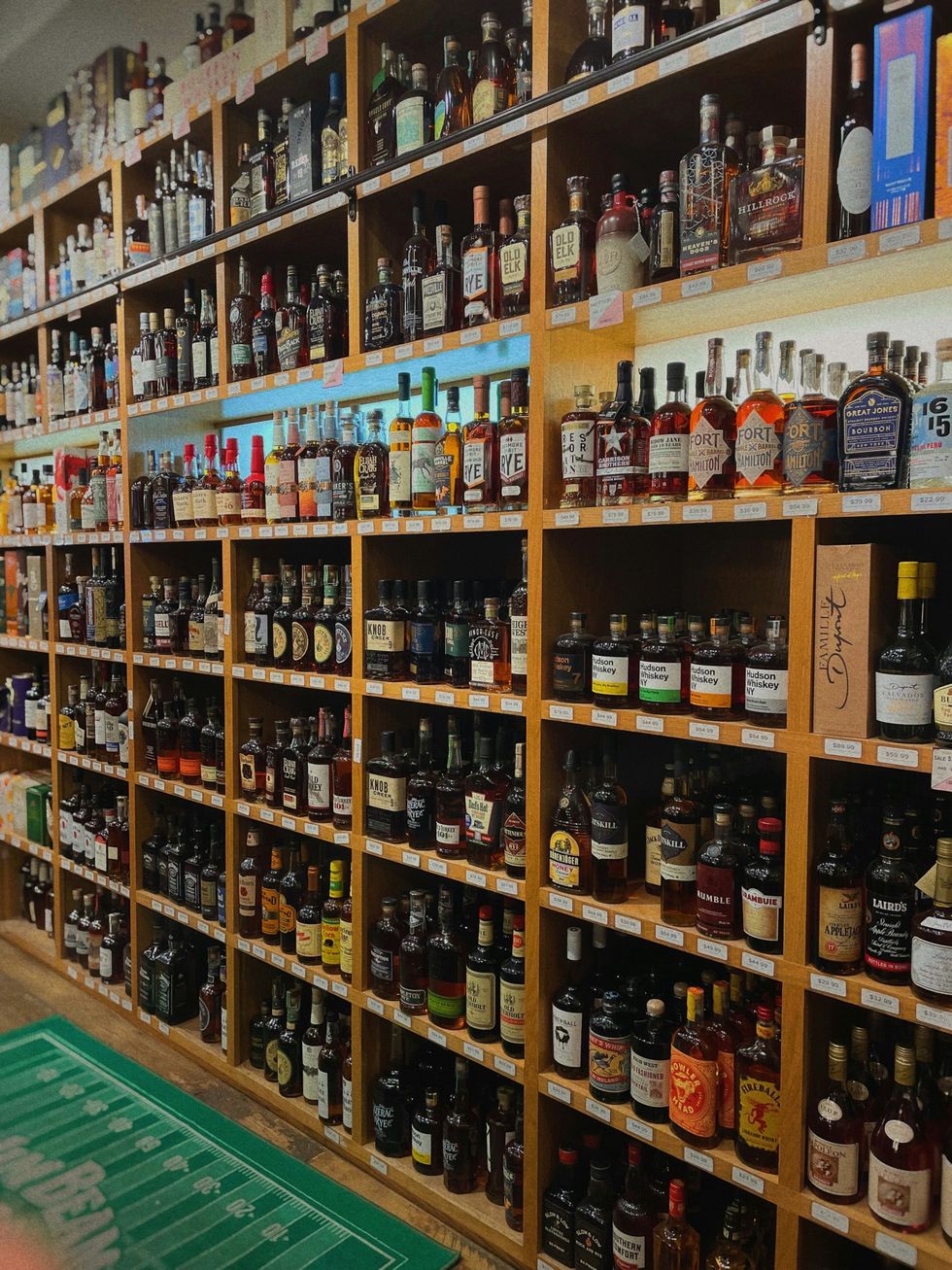 Americans are drinking less - The Bluntness Photo by
Americans are drinking less - The Bluntness Photo by 
 Example of sexually suggestive content that's rampant on our Instagram feeds and under Explore sections.
Example of sexually suggestive content that's rampant on our Instagram feeds and under Explore sections.  Examples of sexually suggestive content that's rampant on our Instagram feeds and under Explore sections.
Examples of sexually suggestive content that's rampant on our Instagram feeds and under Explore sections. 




